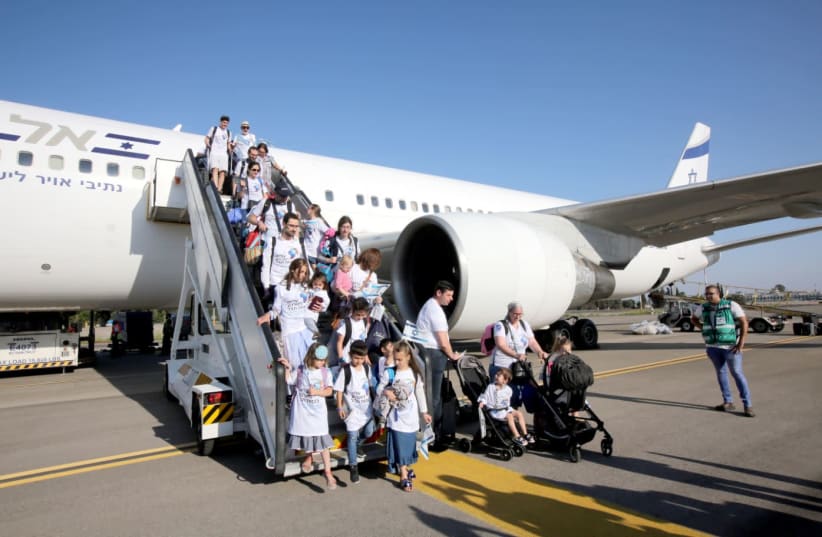The government approved a proposal on Sunday to fast-track the approval of medical licenses for immigrants in healthcare professions. In the past, immigrant healthcare workers have faced daunting obstacles to getting their licenses recognized. Their requests were often turned down – and even when they were approved, the process could take years.
But today, in the era of the coronavirus pandemic, the government has decided to speed up the process, with Prime Minister Benjamin Netanyahu emphasizing the importance of this step:
“Today I am bringing a decision to remove barriers to the employment of immigrants in the medical professions to the government for approval. We must strive to help immigrants integrate into the labor market in Israel, and this proposal is to realize the employment potential of new immigrants in medicine. From France, they come from one of the most advanced health systems in the world, and the bureaucratic obstacles are [just that:] bureaucratic obstacles and nothing more,” Netanyahu said.
“This decision will of course also contribute to the state, and in this way will strengthen the medical practitioners in Israel – an area that is always important, but especially these days.”
The decision means that hundreds of doctors and other medical staff who have immigrated to Israel in recent years will be absorbed more quickly into the public health system and increase the workforce treating patients.
Health Minister Yuli Edelstein hailed the decision, saying, “I welcome the government’s decision. As a representative of immigrants in the past, I can remember all the directors of the Health Ministry for generations that I fought with every one of them over this thing. I feel now as if this is a historic moment in which years of injustice have been rectified.
“At this time, this encourages aliyah and is great news for the immigrant medical professionals,” he said. “Beyond that, the State of Israel needs every doctor and every nurse and every paramedic. They will be a significant addition to the enormous tasks that lie ahead of the health care system.”
The proposal was put forward by Aliyah and Integration Minister Pnina Tamano-Shata. Physicians with five years of experience will receive a clinical exemption which will allow them to work, while experienced nurses will be able to be clinically tested in a way that will minimize language barriers. Courses taken abroad and online will be evaluated quickly and with greater flexibility. Alongside this, professional committees will be set up to examine additional exemptions for medical professions.
Tamano-Shata said that, “in the last decade, about 10,000 new immigrants with training in the medical and paramedical professions have immigrated to Israel, and every year more than 300 immigrant doctors are admitted to the health system.
“I am glad that the government approved the decision I initiated together with the prime minister and the health minister, as it will greatly contribute to the hundreds of new immigrants who have already arrived in Israel, encourage and expedite the immigration of thousands more, and assist the public health system in tackling the corona plague.”
Israel has suffered from a shortage of medical professionals for years and is behind the OECD average for doctors and nurses in the population.
The prime minister’s comment about medical professionals coming from France may have been a reference to an initiative of the Jewish National Fund, the Nahariya Municipality, the Aliyah and Integration Ministry and the Israel Communities Absorption Association, which recently brought 13 families, each with at least one healthcare professional, from France to Nahariya to provide healthcare in underserved areas in the Galilee.
Tobias Siegel and Maayan Hoffman contributed to this report.
